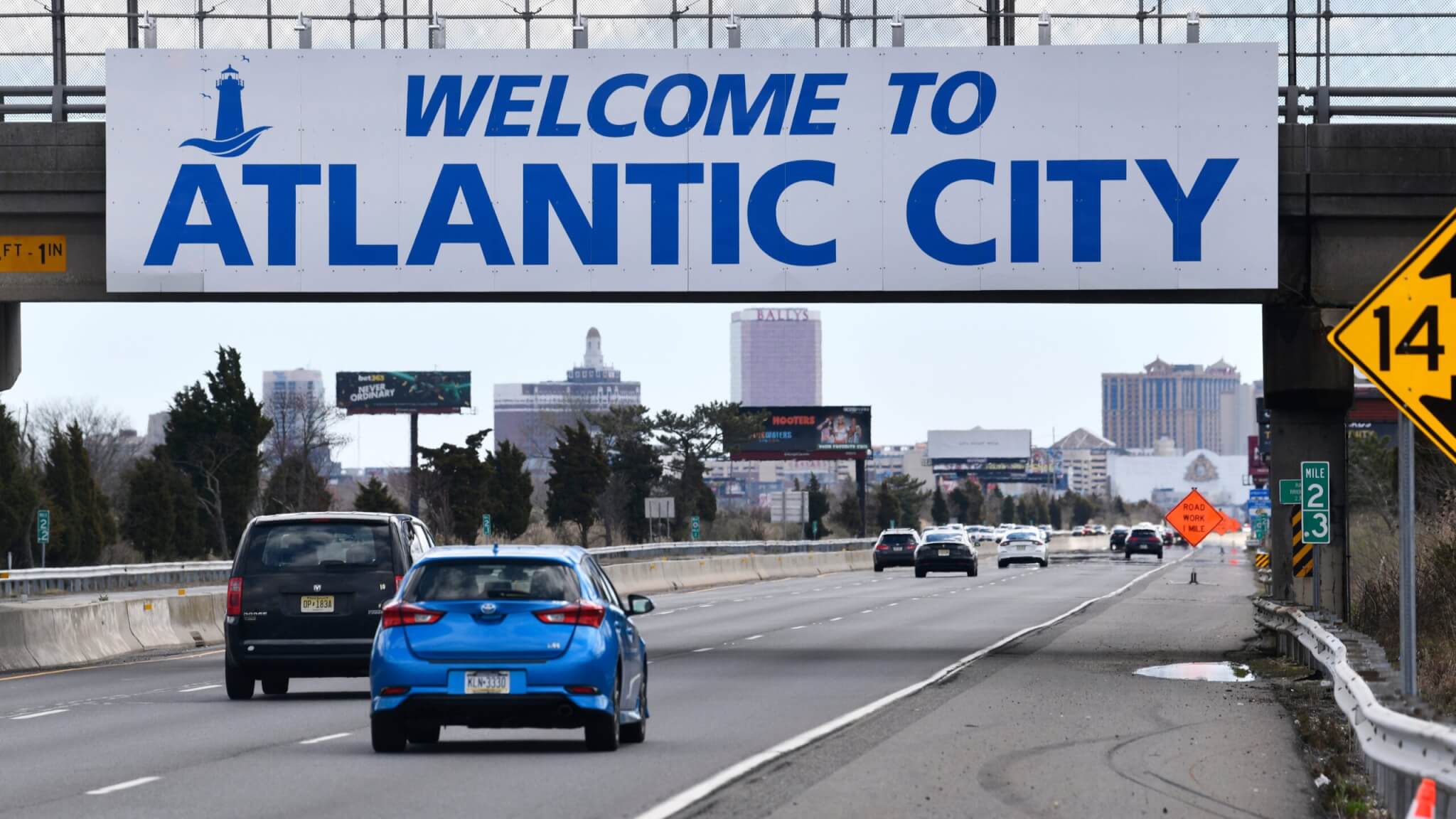
- The New Jersey Division of Gaming Enforcement fined William Hill $20,000 for accepting bets on events that had already concluded
- The bets took place between February 2022 and April 2023
- In total, William Hill allowed 42 bets on NCAA basketball games after the outcomes were already known
The New Jersey Division of Gaming Enforcement has fined British gambling company William Hill $20,000 for accepting several bets from February 2022 through April 2023 on events that had already concluded.
According to a New Jersey Division of Gaming Enforcement (NJ DGE) report obtained by Sports Betting Dime through an OPRA request, the gambling company allowed multiple past-posting bets on NCAA men’s basketball, boxing, and NCAA hockey.
The bets were placed in-person at William Hill sportsbooks in Caesars Atlantic City, Harrah’s Resort Atlantic City, and Tropicana Atlantic City.
Sportsbook Supplier Blamed for Several Errors
According to the complaint, William Hill notified the NJ DGE that it accepted past-posted bets for 12 NCAA basketball games on Feb. 23, 2022 and eight NCAA basketball games that took place on Feb. 23, 2022, all after the events were concluded.
In total, 42 bets on NCAA basketball games were accepted at self-service kiosks in William Hill sportsbook locations in Atlantic City across the two days. The sports betting operator said the error occurred after its pre-programmed rules for creating betting markets had failed to be applied by its sportsbook supplier, OpenBet, which then allowed second-half bets to be accepted at the kiosks after the events had already concluded.
William Hill reported that it paid out $5,022.56 in six wagers to patrons who had bet on the events, while one losing ticket resulted in a $500 loss for a patron. The company voided 35 bets and refunded stakes to customers for $10,547 total.
However, the rest of the past-posting incidents were due to manual trading errors by the sports betting company.
Remaining Incorrect Bets Due to Manual Trading Erros
On June 13, 2022, the company accepted six bets on pre-match markets for a total of $2,902.74 on a Kongo Boxing Match featuring Chris Kongo vs. Sebastian Formella. William Hill incorrectly created markets for a start time of noon on June 11, 2022, when the match actually began at 11:15 a.m. and ended at 11:55 a.m.
All wagers were voided and the stakes returned to the users.
Similarly, William Hill incorrectly accepted four bets for $25,125 on a Bentley Boxing Match between Denzel Bentley and Kieran Smith on April 15, 2023. The match was created with markets beginning at noon on April 15, 2023, but the match actually began at 11:55 a.m. and ended in a knockout after 45-seconds.
The bet stakes were returned to the customers.
Finally, William Hill reported accepting four bets from one patron on an NCAA hockey game for a total of $2,000. The match, Rochester Institute of Technology vs. Arizona State University, was scheduled for 6 p.m. on Jan. 21, 2023, but actually began at 3 p.m. and ended at 5:30 on that date.
The stakes were returned to the customer.
New Jersey regulators have fined William Hill, a prominent sports betting operator, $20,000 for accepting bets on completed events. The New Jersey Division of Gaming Enforcement found that William Hill had allowed customers to place bets on sporting events that had already concluded, in violation of state regulations.
This incident highlights the importance of strict oversight and regulation in the rapidly growing sports betting industry. With the legalization of sports betting in many states across the country, it is crucial that operators adhere to the rules and guidelines set forth by regulatory bodies to ensure fair play and protect consumers.
In this case, William Hill’s failure to prevent bets on completed events not only violated New Jersey’s regulations but also exposed customers to potential risks. By allowing bets on events that had already finished, the operator could have potentially manipulated outcomes or unfairly advantaged certain bettors.
The $20,000 fine imposed on William Hill serves as a reminder to all sports betting operators of the consequences of failing to comply with regulations. It also underscores the need for continued vigilance and oversight by regulatory authorities to maintain the integrity of the industry and protect consumers.
Moving forward, it is essential for operators like William Hill to implement robust systems and controls to prevent similar incidents from occurring in the future. By prioritizing compliance and adhering to regulatory requirements, sports betting operators can help ensure a safe and fair environment for all participants in the industry.